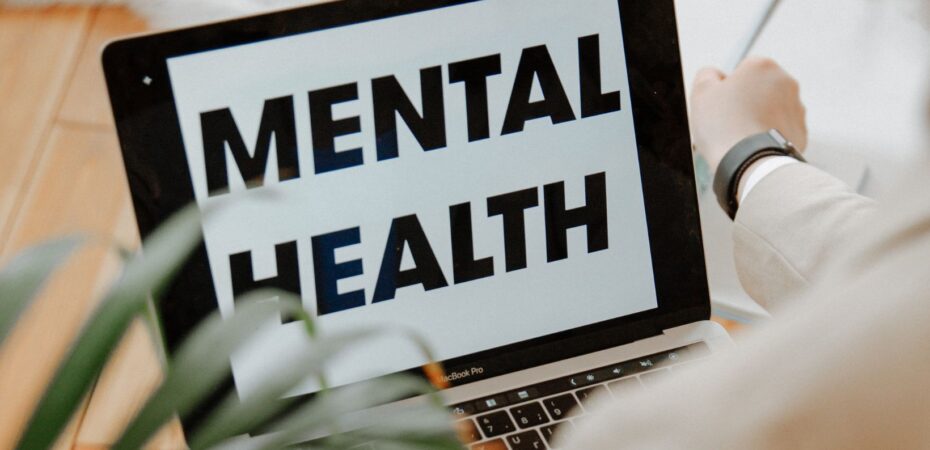In today’s fast-paced world, mental health challenges are more prevalent than ever. With increasing stress, anxiety, and depression rates, many people are seeking alternative ways to support their mental well-being. Alternative medicine offers a variety of holistic treatments that can complement traditional therapies, providing a well-rounded approach to mental health. This article explores five effective ways to support mental health through alternative medicine.
Acupuncture
Acupuncture, an ancient Chinese practice, involves inserting thin needles into specific points on the body to balance the flow of energy or Qi. This technique has been used for centuries to treat various physical and mental ailments. Studies have shown that acupuncture can significantly benefit mental health. By targeting points that influence the nervous system, acupuncture can help reduce stress and anxiety, improve sleep quality, and elevate overall mood. According to a study published in the Journal of Acupuncture and Meridian Studies, participants who received regular acupuncture treatments reported lower levels of anxiety and better sleep patterns.
Moreover, acupuncture can also help release endorphins, the body’s natural painkillers, promoting a sense of well-being. It’s a holistic approach that addresses both the mind and body, making it a valuable tool in mental health care. Some people may be hesitant to try acupuncture due to a fear of needles, but the needles used are very thin and cause minimal discomfort. Over time, many find the sessions relaxing and rejuvenating, contributing to a comprehensive mental health strategy.
Herbal Remedies
Herbal remedies have been used for centuries to treat various health conditions, including mental health issues. Many herbs are known for their calming and mood-enhancing properties, making them a natural choice for those seeking alternative treatments. St. John’s Wort, for example, is a popular herb for managing depression. Several studies have shown that it can be as effective as prescription antidepressants for mild to moderate depression without the associated side effects. Similarly, Valerian root is commonly used to alleviate anxiety and insomnia. It works by increasing levels of a neurotransmitter called GABA, which helps calm the nervous system.

Incorporating herbal remedies into your daily routine can be simple. You can take them in the form of teas, capsules, or tinctures. However, it’s important to consult with a healthcare provider before starting any herbal regimen, as some herbs can interact with medications or have side effects. For instance, St. John’s Wort can interfere with certain birth control pills and antidepressants, highlighting the need for professional guidance. Additionally, keeping a journal to track your symptoms and the effects of the herbs can help fine-tune your approach and ensure you achieve the best results.
Medical Marijuana
Medical marijuana has emerged as a promising treatment for various mental health conditions. Research suggests that it can help alleviate symptoms of PTSD, anxiety, and depression. The cannabinoids in marijuana interact with the endocannabinoid system in the brain, which plays a role in regulating mood and stress responses. One of the significant advantages of medical marijuana is its accessibility. Many states have made it easier for individuals to obtain a medical marijuana card online, streamlining the process. This convenience allows more people to explore its benefits without the hassle of traditional appointments.
For example, veterans suffering from PTSD have reported significant improvements in their symptoms after using medical marijuana. It has helped them manage anxiety, reduce flashbacks, and improve sleep quality. While more research is needed to fully understand its effects, the existing evidence is promising. Medical marijuana can also be used in various forms, such as oils, edibles, or vapor, making it adaptable to individual preferences and needs. As with any treatment, it’s crucial to consult with a healthcare provider to ensure it’s a suitable option for your specific situation.
Meditation and Mindfulness
Meditation and mindfulness practices have gained significant attention for their ability to improve mental health. These practices involve focusing your mind and being present in the moment, which can help reduce stress and enhance emotional regulation. The science behind meditation is compelling. Regular meditation can decrease symptoms of anxiety and depression, improve attention and concentration, and promote a sense of calm. A study published in JAMA Internal Medicine found that mindfulness meditation programs can improve symptoms of anxiety, depression, and pain.
Starting a meditation practice can be daunting, but it doesn’t have to be. Begin with short sessions of 5-10 minutes, focusing on your breath or using guided meditations. Over time, you can gradually increase the duration. Mindfulness can also be integrated into daily activities, such as eating or walking, by paying full attention to the experience. Apps like Headspace or Calm offer guided sessions that can help beginners get started. Engaging in group meditation can also provide a sense of community and shared experience, enhancing the benefits of your practice.
Yoga and Physical Activity
Physical activity is a well-known contributor to mental health, and yoga combines exercise with mindfulness, making it particularly effective. Engaging in regular yoga practice can help release endorphins, reduce stress, and improve mood. Yoga offers a variety of poses and breathing exercises that can enhance mental well-being. Poses like Child’s Pose and Corpse Pose promote relaxation, while more active poses like Warrior II build strength and focus. Combining these physical benefits with mindfulness techniques can create a powerful tool for managing mental health.

In addition to yoga, incorporating other forms of physical activity, such as walking, running, or dancing, can further enhance mental well-being. Exercise increases the production of endorphins and reduces levels of the stress hormone cortisol, contributing to a more balanced mood. Joining a local fitness group or class can provide social support and motivation, making it easier to stick to a regular routine. Finding activities that you enjoy and look forward to can make a significant difference in maintaining your mental health.
Conclusion
Alternative medicine offers a range of treatments that can support mental health alongside traditional therapies. Acupuncture, herbal remedies, meditation, medical marijuana, and yoga each provide unique benefits that can help improve mental well-being. By exploring these options, individuals can find holistic and effective ways to manage their mental health. Always consult with a healthcare provider before starting any new treatment to ensure it is safe and appropriate for your needs. Integrating these alternative practices into your mental health care plan can lead to a more balanced and fulfilling life. Regularly assessing your mental health and adjusting your approach as needed can help you maintain optimal well-being.


 By
By 





